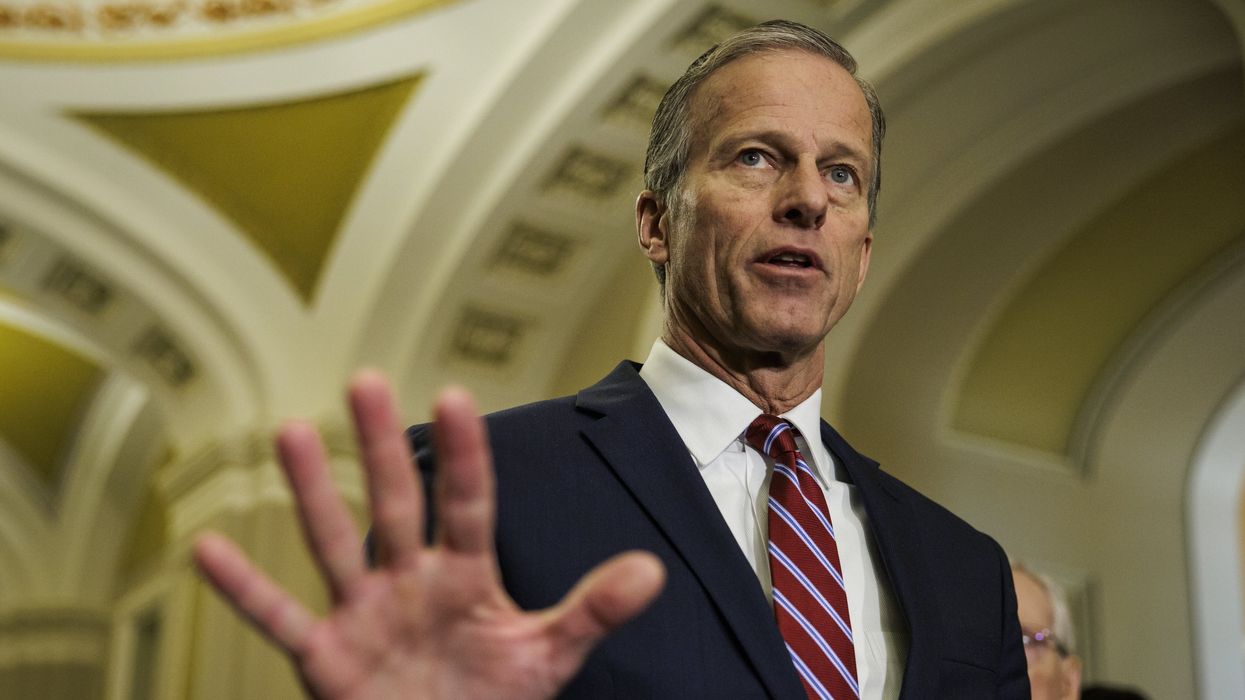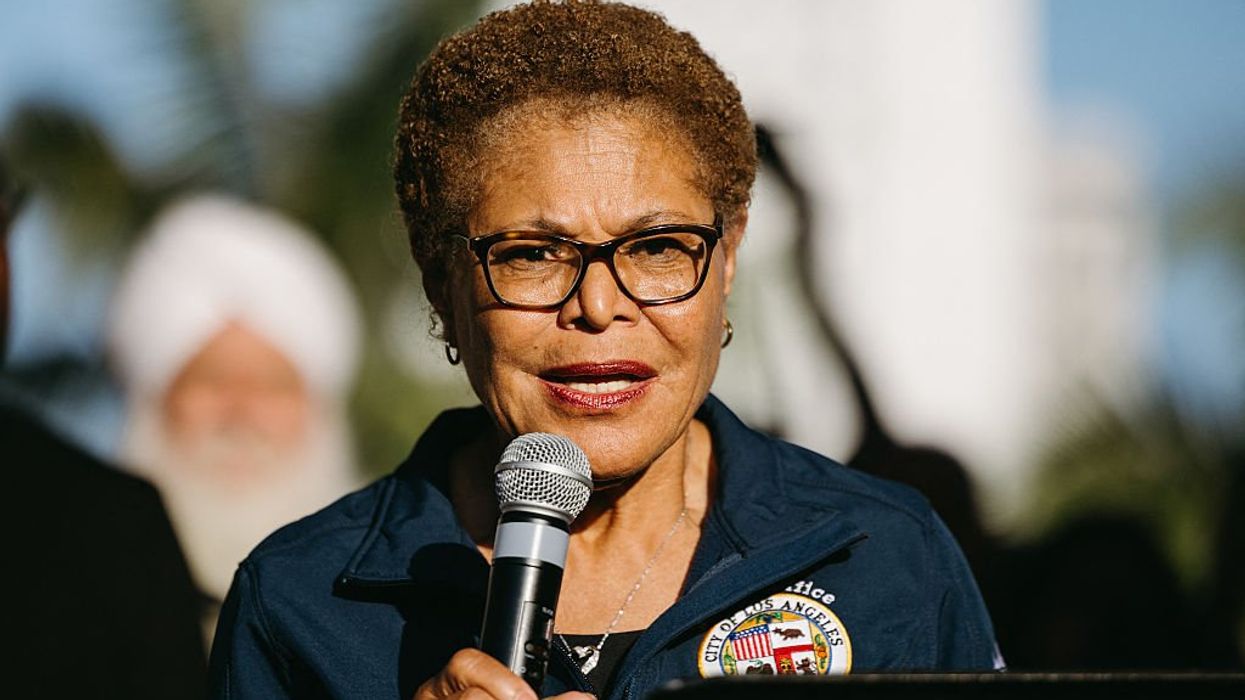
© 2025 Blaze Media LLC. All rights reserved.
When I was eligible to vote in a presidential election for the first time in 1992, I did two things right away — I registered and officially declared myself a Republican on my voter card. I handed out literature for Bush-Quayle on my college campus during that election, which began a quarter-century of my activism within the GOP.
However, for the last 21 months I've been registered as an independent. Sure, watching Donald Trump gain the Republican nomination may have been my final straw. But despite my issues with his character and persona, I've actually been pleasantly surprised at several of the policy decisions he's made as president. The truth is my issues with the GOP predate Trump, and unless something within the party dramatically changes, my issues will outlive him as well.
And I'm not alone. Issues with the Republican Party and the need for accountability are among the main reasons Conservative Review was launched in the first place.
How to bottom-line explain why I'm convinced that conservatism has no future in this party as it's currently constructed and that those of us who believe in constitutionally limited government, national sovereignty, and Judeo-Christian morality are wasting our time pretending otherwise?
I could write a book to answer this question. Who knows, I just might someday. But for now, I can definitively answer skeptics to my skepticism with what could very well be the most depressing political trend in America.
Going back to the aforementioned Liberty Score here at CR, here's a list of the current scores of several Republican senators representing some of the most conservative states in the union:
- Lamar Alexander, Tennessee: 12% (F)
- Thad Cochran, Mississippi: 24% (F)
- Orrin Hatch, Utah: 27% (F)
- John Hoeven, North Dakota: 28% (F)
- Roger Wicker, Mississippi: 30% (F)
- Johnny Isakson, Georgia: 31% (F)
- Shelley Moore Capito, West Virginia: 32% (F)
- Lindsey Graham, South Carolina: 33% (F)
- John Cornyn, Texas: 35% (F)
- Mitch McConnell, Kentucky: 38% (F)
- Roy Blount, Missouri: 41% (F)
- Bill Cassidy, Louisiana: 44% (F)
- Bob Corker, Tennessee: 49% (F)
A famous quote, often attributed to Ronald Reagan, describes the Republican Party's "big tent" philosophy this way: "The person who's my 80% friend isn't my 20% enemy."
Well, how would you describe someone who isn't your friend a majority of the time? Most of us would consider such a person to be an enemy.
Keep in mind that's only looking at the score of Republicans from deep red states, where presumably you're safe to pretend be as conservative as you wanna be. Points for honesty, I suppose.
Now, to complete this depressing thought exercise, let's compare the list of GOP betrayers to the roster of Democrat senators from swing states. Here is a sampling of their current scores:
- Sherrod Brown, Ohio: 10% (F)
- Michael Bennet, Colorado: 10% (F)
- Tammy Baldwin, Wisconsin: 9% (F)
- Gary Peters, Michigan: 8% (F)
- Debbie Stabenow, Michigan: 8% (F)
- Mark Warner, Virginia: 4% (F)
- Bill Nelson, Florida: 2% (F)
- Tim Kaine, Virginia: 2% (F)
- Catherine Cortez Masto, Nevada: 0% (F)
As you can see for yourself, Democrats in swing states — where both parties are competitive statewide — are collectively much further to the Left than their Republican counterparts are to the Right in their safe states.
And it's not even close. This is the most depressing political trend in America.
I don't know for certain what the solution is for conservatives, but I know for certain what it is not.
Don't miss a minute of Steve Deace on CRTV! Sign up today!
Want to leave a tip?
We answer to you. Help keep our content free of advertisers and big tech censorship by leaving a tip today.
Want to join the conversation?
Already a subscriber?
BlazeTV Host
Steve Deace is the host of the “Steve Deace Show” and a columnist for Blaze News.
SteveDeaceShow
Steve Deace
BlazeTV Host
Steve Deace is the host of the “Steve Deace Show” and a columnist for Blaze News.
@SteveDeaceShow →more stories
Sign up for the Blaze newsletter
By signing up, you agree to our Privacy Policy and Terms of Use, and agree to receive content that may sometimes include advertisements. You may opt out at any time.
Related Content
© 2025 Blaze Media LLC. All rights reserved.
Get the stories that matter most delivered directly to your inbox.
By signing up, you agree to our Privacy Policy and Terms of Use, and agree to receive content that may sometimes include advertisements. You may opt out at any time.






